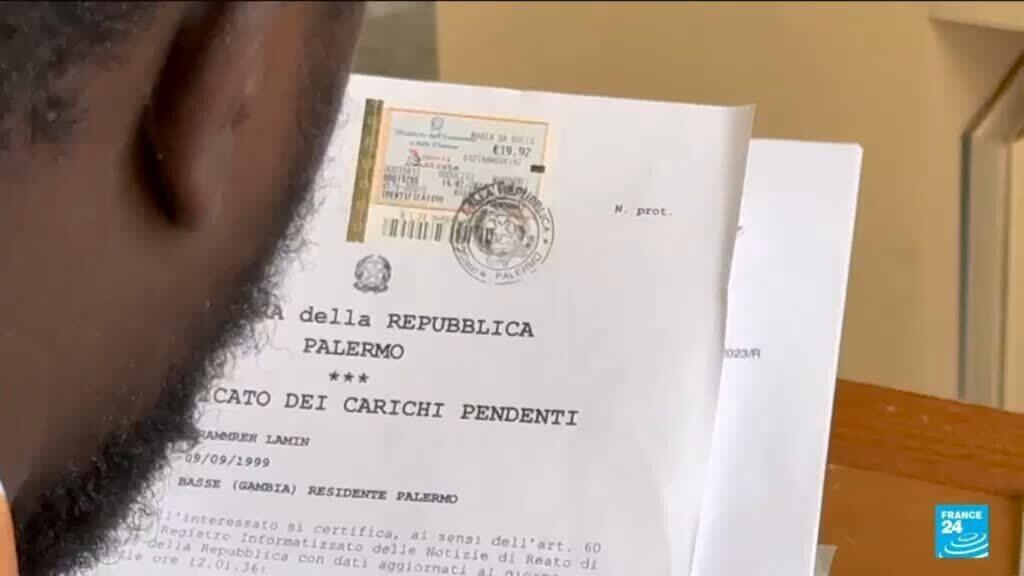Italians commenced a two-day voting period on Sunday regarding a pivotal referendum aimed at easing citizenship regulations and bolstering labor laws. The significance of this referendum cannot be overstated, as it addresses key issues affecting immigrants and workers across the nation. However, the government led by Prime Minister Giorgia Meloni stands in opposition to both proposed changes, actively urging the public to abstain from voting.
The referendum's two primary questions focus on the potential for streamlining the process of acquiring citizenship for children born in Italy to foreign parents, as well as enhancing protections for workers in various sectors. Citizens are called to express their opinions on these matters, which have garnered widespread attention and debate throughout the country.
Prime Minister Giorgia Meloni's administration has expressed concerns that easing citizenship rules could lead to an influx of immigrants, which they argue might undermine the nation’s socio-economic fabric. The government's stance has sparked significant controversy, as numerous advocacy groups and opposition parties argue that the proposed changes are necessary to foster inclusivity and equality. They contend that allowing children raised in Italy to acquire citizenship more easily would strengthen community ties and promote integration.
In addition to citizenship issues, the labor laws in question aim to provide better protection for workers, improving job security and working conditions. This aspect of the referendum is especially pertinent in light of recent economic challenges and the ongoing global shifts in labor dynamics. Supporters of the referendum believe that updated labor laws are vital for ensuring fair treatment of all workers, particularly in sectors where exploitation is prevalent.
Voter sentiment regarding the referendum appears to be divided, reflective of the broader political landscape in Italy. Many voters are concerned about the implications of the government’s advice to abstain. Critics of the administration assert that this position undermines democratic participation and civic engagement. They call for a robust turnout to signal to policymakers the urgent need for reform.
The backdrop for this referendum is characterized by rising tensions regarding immigration and labor rights, which have long been contentious issues within Italian society. Significant public demonstrations and advocacy campaigns have been organized both for and against the proposed changes. Various stakeholders, including labor unions, immigrant rights organizations, and political parties, have mobilized their bases to encourage voter participation and articulate their viewpoints on the ballot.
As voting continues into Monday, the turnout will likely play a crucial role in determining the outcome of the referendum. Analysts and political observers are closely monitoring the situation, as the results could have far-reaching consequences for Italy's immigration policies and workforce regulations. In a rapidly changing global environment, how Italy navigates these challenges may influence public sentiment and policy directions for years to come.
The developments surrounding this referendum signify a critical juncture for Italy’s future, where the voices of its citizens will ultimately shape the nation’s approach to immigration and labor rights. As Italians navigate this complex political landscape, the importance of civic engagement and informed voting remains paramount to effecting meaningful change.












